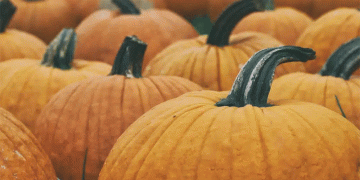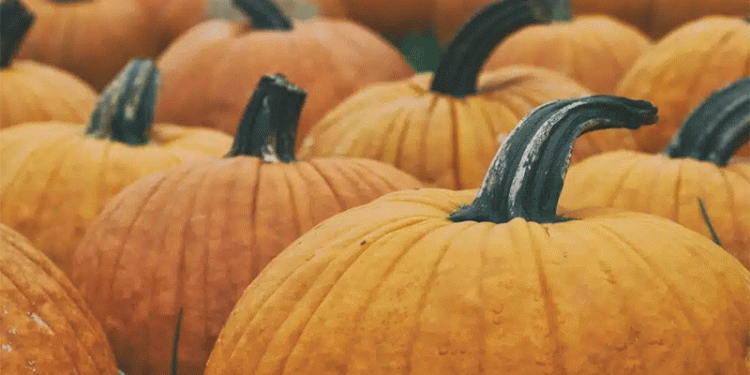For the first time since 2015, a 20-ton shipment of fresh pumpkin from Uzbekistan has successfully passed phytosanitary control in St. Petersburg and been released to the Russian market. This event, while a single data point, represents a significant development in the regional agricultural trade landscape. For farmers, agronomists, and farm owners, the reopening of this import channel underscores the fluid nature of global produce markets and the ever-present need for domestic industries to enhance their competitiveness, both in cost and quality.
The successful entry of the Uzbek pumpkin hinged entirely on its compliance with Russia’s phytosanitary regulations, verified by laboratory tests at the Federal Centre for Animal Health (FGI ARRIAH). This is a non-negotiable prerequisite in modern agricultural trade. The World Trade Organization’s (WTO) Agreement on the Application of Sanitary and Phytosanitary Measures (SPS) explicitly allows countries to set their own food safety and animal/plant health standards, but they must be based on science. The Food and Agriculture Organization (FAO) estimates that up to 20% of global crop production is lost to plant pests annually, making such strict border controls essential for protecting a nation’s biosecurity and agricultural economy. For domestic producers, this highlights that their foreign competitors are capable of meeting these stringent standards, raising the competitive bar.
From a market perspective, the arrival of a large, centralized shipment of pumpkins during the peak of the local harvest season can exert significant downward pressure on prices. Uzbek producers may benefit from lower production costs, including labor and inputs, allowing them to offer a competitive price that challenges Russian growers. Data from the International Trade Centre shows that fluctuations in fresh fruit and vegetable imports can directly impact local market prices, particularly for commodities with a short shelf life. This forces domestic farmers to compete not just with each other, but with international supply chains.
The return of Uzbek pumpkin to the Russian market is a clear signal that agricultural trade is dynamic and full of both challenges and opportunities. For the agricultural sector, this development necessitates a strategic response:
- For Domestic Producers: The focus must shift towards enhancing competitiveness through improved efficiency, quality differentiation (e.g., unique varieties, superior freshness), and developing strong local brands and direct-to-consumer channels that can withstand import competition.
- For Agronomists and Scientists: Continued vigilance and support for robust domestic biosecurity are paramount to prevent the introduction of new pests and diseases that could accompany imported produce.
- For the Industry at Large: This event underscores the importance of understanding international SPS protocols, as they are the gatekeepers of global trade.
Ultimately, the reopening of this trade route is a reminder that no domestic market is an island. Success depends on a proactive strategy that anticipates and adapts to the constant ebb and flow of global agricultural commerce.































